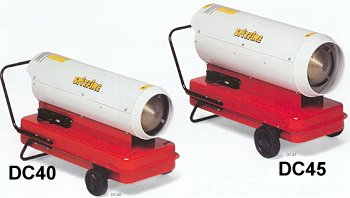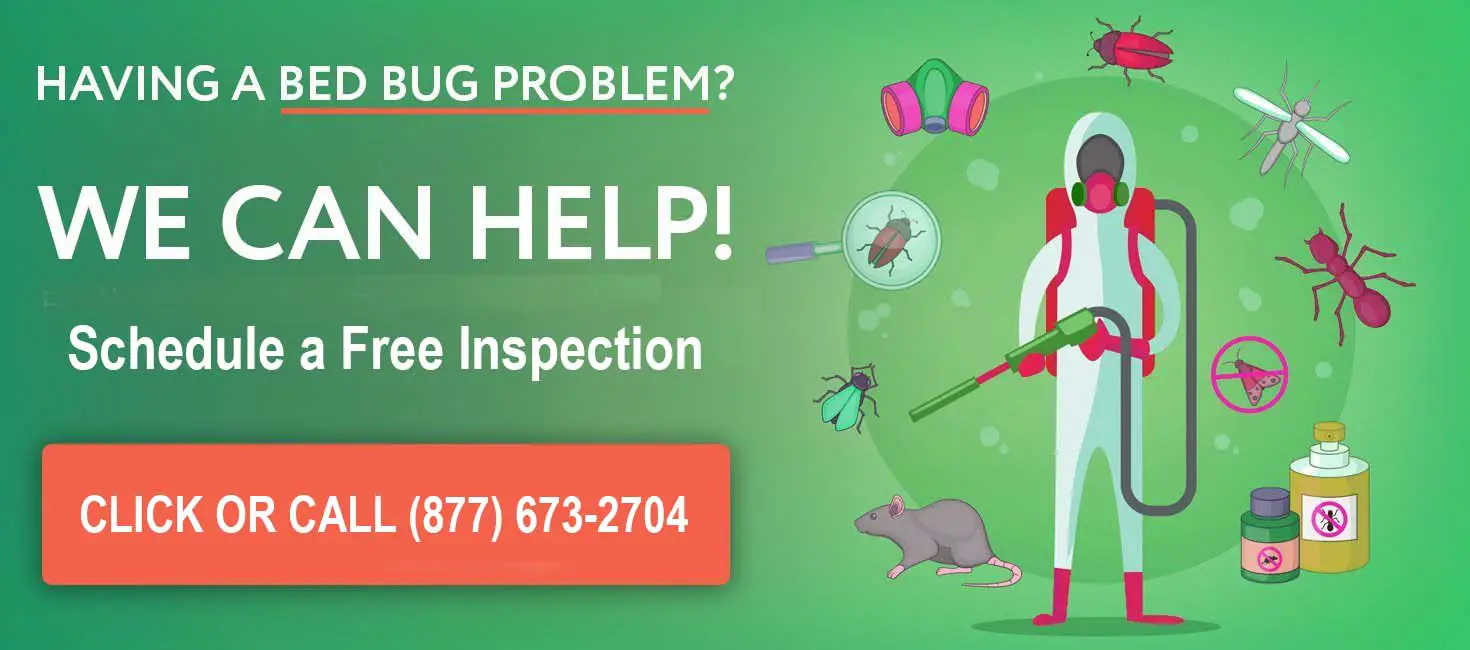Call 1-877-673-2704 for a free extermination quote or do-it-yourself with our featured bed bug kit.
Heat Kills Bed Bugs!
by John
(Germany)
I'm a US service member stationed in Germany. I've lived here several years without problems. My wife and two children started getting bites all over, but I noticed I had little red marks without itching. Turns out I don't react as much as they do and we do have bed bugs.
We were in the process of moving from one home to another when we found out. Looking at all of the options the best one seemed the heat solution. Each treatment of conventional spraying would cost 100 Euro ($125) and I would need 3-4 treatments at my current home and my next. Way too expensive.
With small children the idea of leaving poison around scared me. Most pest control folks I talked to said heat, properly applied, can be done once and kill the eggs and the bugs- everywhere. Only problem was that August is the month that nearly all Germans go on vacation. No pest control agency could help me before I moved this means I would be bringing them to my new house.
I rented a portable diesel fuel space heater and bought meat thermometers for about $5 each. I laid them in the furthest low laying areas that remained the coolest in each room I treated. The common consensus is that 120F (50C) for 30 minutes will kill everything. I treated my old house and when I moved, I moved EVERYTHING we owned in to the new garage. It is separate from the main house so this lowered the risk of the bugs moving in. Immediately after the move was complete I set up a sauna in my garage. I opened every box and laid out or hung up on string every piece of clothing and linens we owned and baked at an average temp of 147F for 30 minutes. The process took three days and I lost 4 lbs of water weight. Nothing came in my new home without first being baked. This included important documents, shoes, stuffed animals, mattresses, pillows, furniture, and even belts. Understand that if you go this extreme route you MUST monitor the heater as you cannot regulate the temp and this could pose a fire hazard. They units burn clean, but there is always a danger of exhaust/ CO poisoning so you must be sure people are not in the room or adjacent to the baking space.
Finally,
I'm not professional and I do not recommend this to path to anyone, but I had no choice since the pest control guys could not help for a month and I cannot live in my garage until then. However, I've been bug free a week with the exception of a possible bug my wife found crawling on her jaw line this morning. If this is the case, I've failed and will call a professional.
I think we may be "bug-crazy" and paranoid because you usually don't feel or see them moving on your body. Use clear packing tape to capture everyone that you find and label the room you found it in to show to a pest control specialist.
I've written this above as a possible solution for people who cannot get a pest control specialist out in time any you are moving. Nothing would be worse that bringing them to your new home.
I cannot stress enough that professional help and following their pre-treatment instructions is key. I am fortunate enough to have a lifelong friend in this business that was a phone call away who coached me through the heating process.
I wish anyone all the best while fighting these terrible pests. You must be thorough and do not make exceptions to what you treat and don’t treat. Again, a professional should make this determination. Finally, I write this post to let you know heat, when done correctly, will work. However, if at all possible, have a pro do it.
-J.A.
Editor Comment
John,
Thanks for taking the time to share this story. Heat is far and away the safest and one of the most effective approaches to killing bed bugs and bed bug eggs.
The only addition is that when professionals use heat, they usually maintain a 120 - 135 degree F temperature for 2 or more hours. More information is available from Temp-Aire.
Best of luck with the bed bug problem.
Jeff - Editor Bed Bugs Handbook
Comments for Heat Kills Bed Bugs!
|
||
|
||



